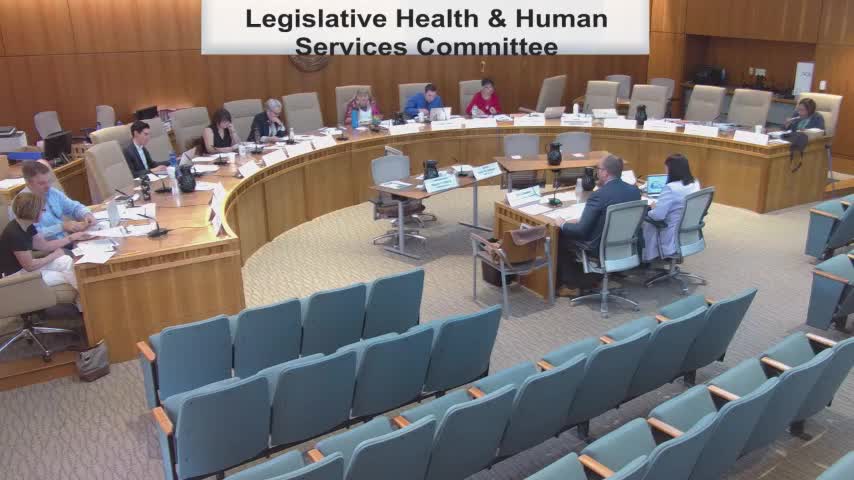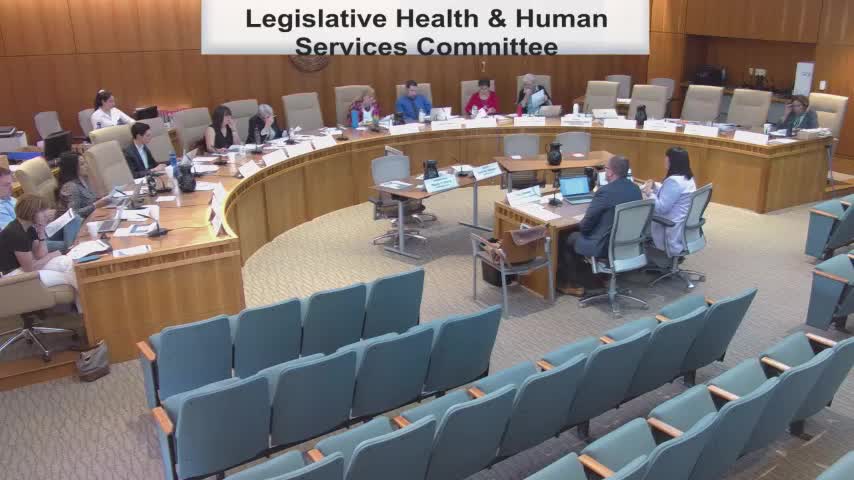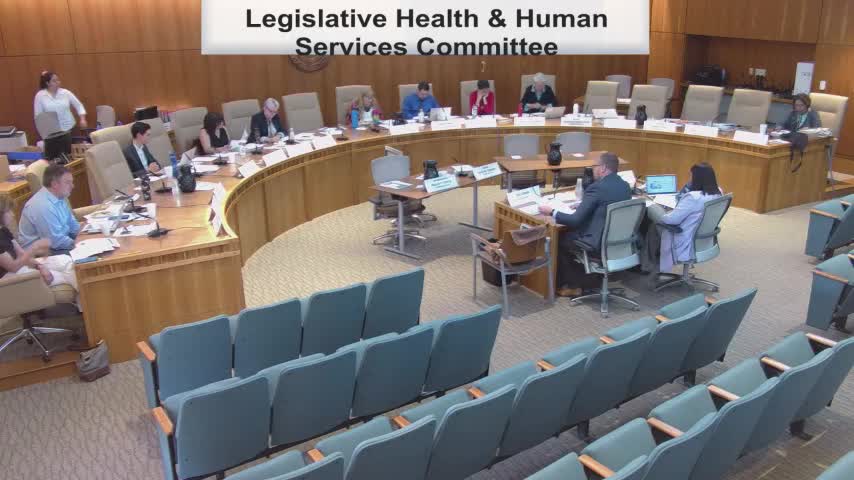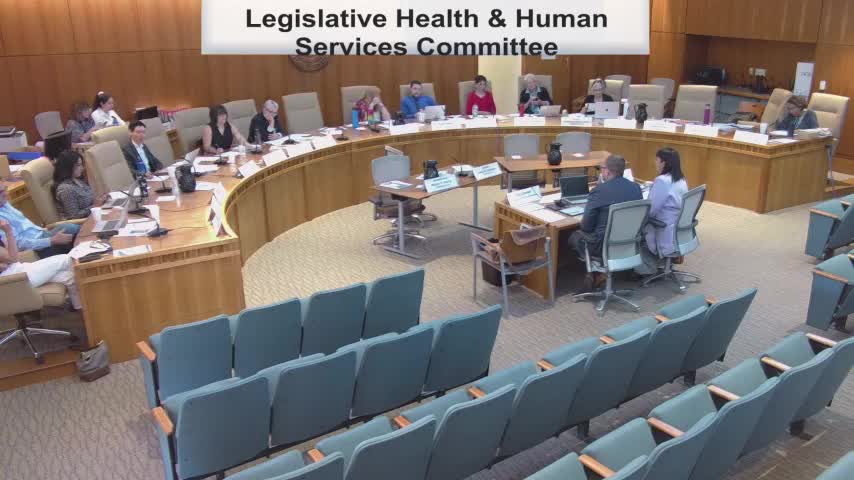Article not found
This article is no longer available. But don't worry—we've gathered other articles that discuss the same topic.

Legislature boosted Medicaid funding by billions; committee questions oversight and outcomes

Early childhood spending nears $900 million; LFC reports sustained pre-K gains but warns growth will slow

Behavioral health reform law creates trust fund and regional planning; funding focused on capacity building

